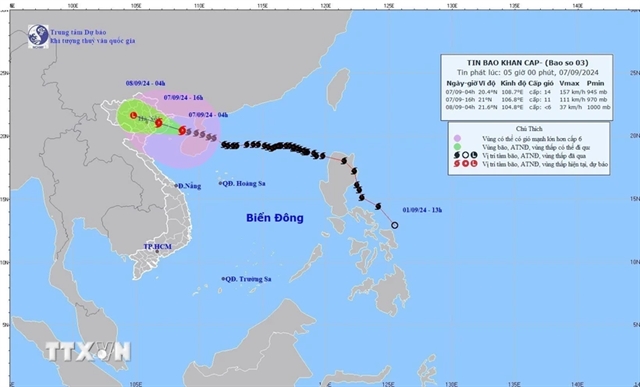▌Câu trả lời hay nhất
To further bolster its appeal,alo 2021 Hanoi should establish regulations that provide favorable living, working, and educational conditions for investors' family members.

The draft amended Capital Law should broaden and enhance opportunities for strategic investors, including large domestic and multinational corporations, to come to Hanoi, according to the President of the Foreign Trade University, Bui Anh Tuan.
 |
| Electronics production at an FDI company in Hanoi. Photo: Nguyen Minh/The Hanoi Times |
"To bolster its appeal, additional regulations should be put in place to facilitate favorable living, working, and educational conditions for relatives of investors in the Capital. This will contribute to establishing Hanoi as the preferred headquarters for both domestic and multinational corporations," said Tuan.
According to Tuan, the Capital Law was first enacted by the National Assembly in 2012 and has been in effect since July 1, 2013.
Over a decade of implementation, the Capital Law and its accompanying detailed regulatory documents have played a significant role in altering the perception of governments at all levels and the public regarding the Capital's position, function, and developmental responsibilities. The policies and mechanisms outlined in the Law have contributed to achieving numerous accomplishments across various sectors.
However, during the implementation of the 2012 Capital Law, the full potential and strengths of the Capital were not effectively harnessed. Additionally, some shortcomings were revealed in the process. Therefore, the amendment to the Capital Law seeks to eliminate obstacles and institutional constraints, establish an appropriate legal framework, and introduce innovations to enable the Capital to fully leverage its potential and strengths for effective utilization. This is essential to maximize resources for development, aligning with the Capital's prominent position and role, he continued.
Tuan further emphasized that Hanoi must recognize that the Capital Law should contain specific legal norms, and it should exclude provisions that are applicable nationwide. The Law should primarily focus on addressing issues that require precise definitions and clearly delineate the responsibilities of various agencies and levels of government.
Hanoi should prioritize the development of high-tech and digital industries to leverage its potential in software, video games, electronics, and telecommunications. Investing in these sectors will spur economic growth and attract foreign investment. A strong emphasis should be placed on fostering innovation across education, research, and practical applications, given Hanoi's abundant universities, research institutions, and thriving startup ecosystem.
"Meanwhile, promoting innovation would open new avenues for economic advancement. Furthermore, Hanoi must enhance its urban infrastructure and commit to building a sustainable green economy. Investment solutions should encompass expanding public transportation, creating green spaces, implementing water quality management, developing smart urban areas, and enforcing construction quality standards. These measures are crucial to mitigate adverse effects like environmental pollution, wealth inequality, and unsustainable growth," Tuan said.
Tuan also pointed out that, drawing from global examples, cities that demonstrate preparedness and a clear commitment to local sustainable development goals tend to attract more effective investment capital. As Vietnam aims to achieve net-zero emissions by 2050, it should consider incorporating provisions in the Capital Law to attract social Capital for low-carbon programs and projects.
Moreover, regarding the attraction of strategic investors, there should be flexibility in the binding conditions. Rather than rigid prerequisites such as demonstrating financial capacity and a track record of successful project execution, the Law should be expanded to create more opportunities for strategic investors, including large domestic corporations and multinational giants, particularly for groundbreaking projects that deviate from the conventional requirements.
Such an approach will position the city as a preferred hub for domestic and international corporations, stimulating resource inflow, generating a ripple effect, and establishing itself as a regional economic leader, Tuan said.











